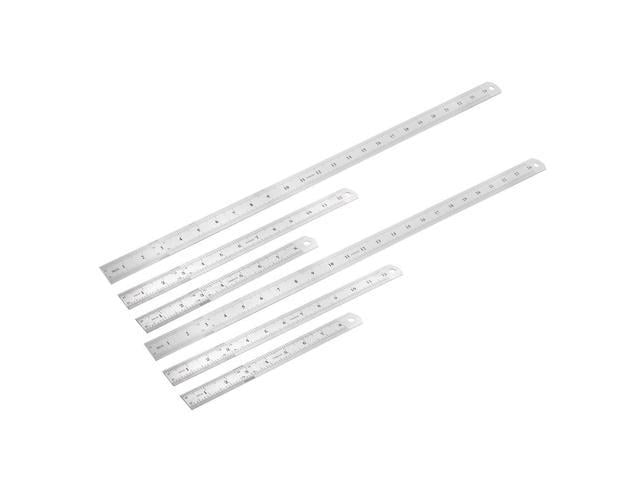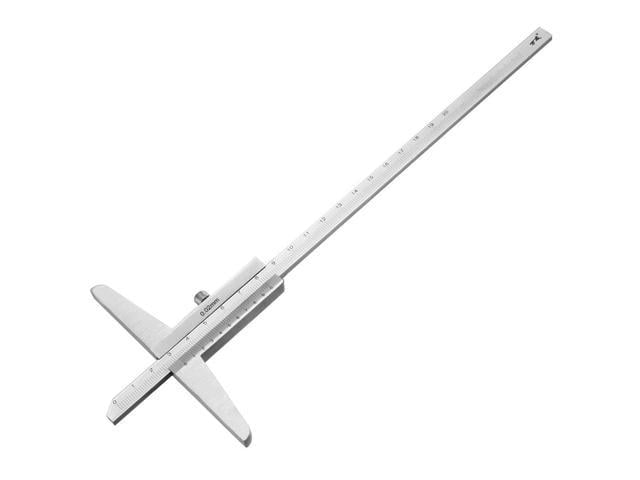In the wake of the Daubert ruling, the use of forensic toolmark evidence in court has been problematic, in that the conclusions of forensic scientists as to toolmark origin often lack scientifically sound statistical proof. In the Color Atlas of Forensic Toolmark Identification, noted forensic expert Nicholas Petraco helps move toolmark examination from an art to a science. The first part of the book contains an anthology of tried and true methods, procedures, and traditional techniques used by practitioners of this discipline for over a century. It contains rationales and methodologies for casework, discussion of the use of new materials and techniques for preparation of known standards, and the application of various methods of statistical proof to further establish toolmark examination as a sound scientific endeavor. The second section contains a compilation of commonly used hand tools and the marks they typically produce. Provides clear instruction on how to: Use lenses and microscopes to view images of toolmarks Make accurate and precise measurements of tools on macroscopic and microscopic scales Properly photograph toolmark evidence Compare a subject tool with the questioned toolmarks to determine toolmark origin Examines marks made by a range of tools, including: Screwdrivers Crowbars and prybars Handsaws Hammers Hatchets and Axes Wrenches Vise grips Pliers Wire cutters Metal snips Crimping tools Knives and scissors Chisels and punches Drill bits More than 400 color photos enhance the text, and numerous case studies describe evidence found and conclusions drawn from the evidence. This unique atlas empowers law enforcement professionals to capture the evidence they need to solve the case. About the Author Nicholas Petraco earned a B.S. in chemistry and an M.S. in forensic science from John Jay College of Criminal Justice, the City University of New York. He served as a detective/criminalist at New York City’s Police Laboratory from 1968 to 1990 and















